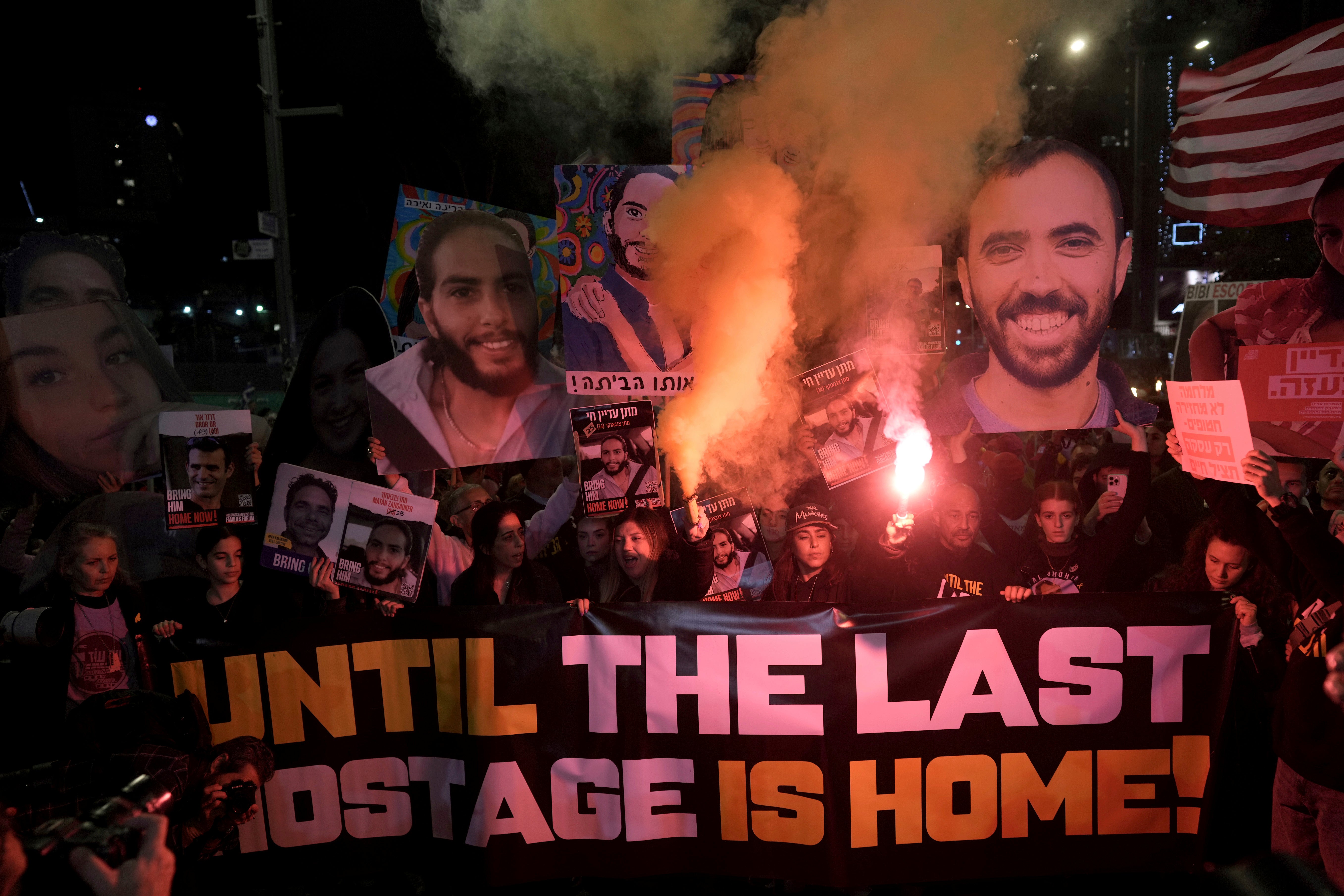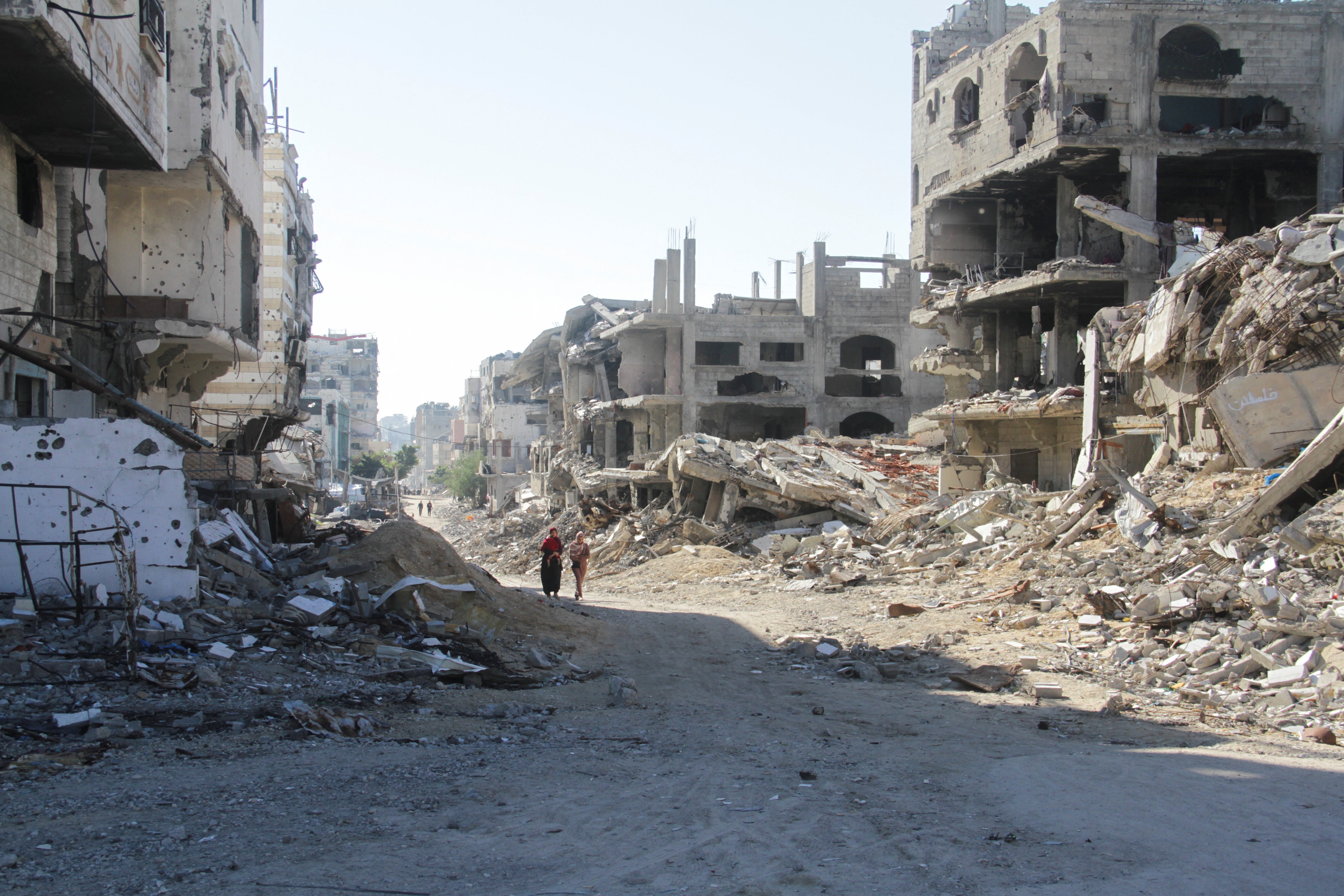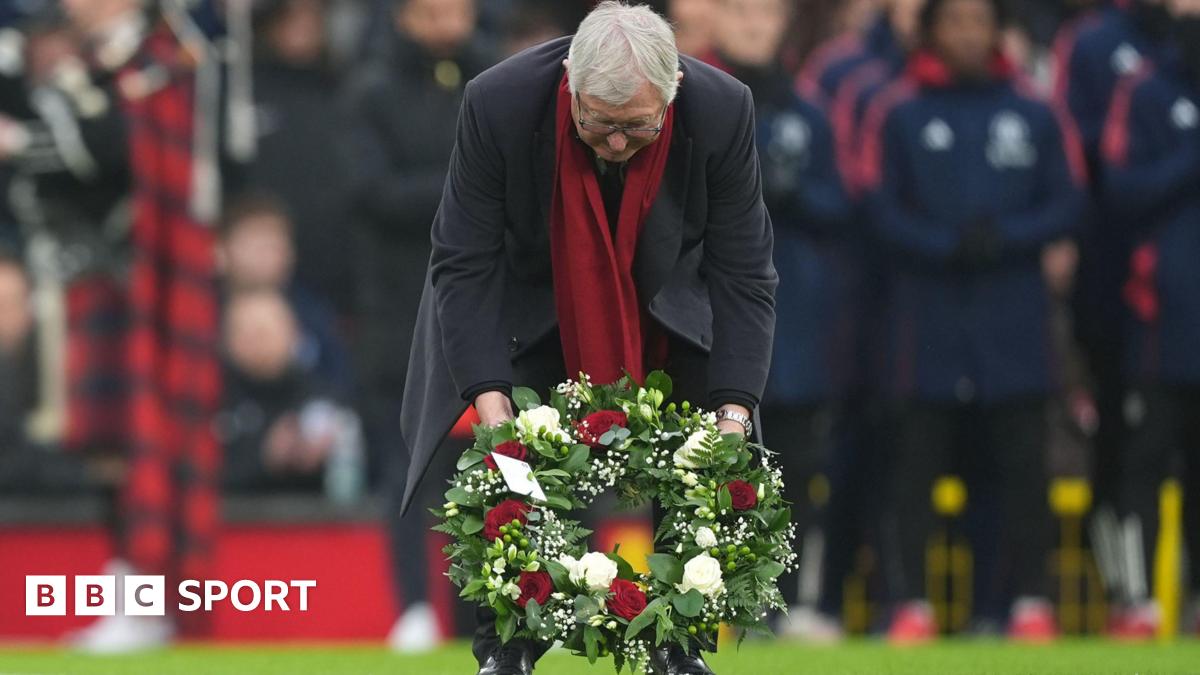Hamas has named the three female hostages it plans to release on Sunday, clearing the way for the Gaza ceasefire to begin after an eleventh-hour delay.
British-Israeli citizen Emily Damari, 28, Doron Steinbrecher,31 and Romi Goren, 24 were named on Sunday morning, after the ceasefire finally came into effect around 11am local time.
Doron and Emily were both seized from Kfar Aza kibbutz, Romi was taken by militants from the Nova music festival. Hamas blamed the initial delay in handing over the names on “technical field reasons,” stating that it remained committed to the ceasefire deal announced last week.

The long-awaited agreement, brokered by the US and Qatar, had been due to begin at 8.30 am local time and pave the way for the end of 15 months of ruinous war. Under the first six-week phase, it will see the release of 33 hostages, including a British-Israeli citizen, as well as hundreds of Palestinian detainees held in Israeli prisons.
However, moments before the truce, the Israeli premier accused the Palestinian militant group of not living up to its commitments by failing to provide the names of the three hostages due to be released later in the day. After the deadline passed, Israeli airstrikes pounded northern and central Gaza.
In Gaza, residents reported hearing artillery fire, and later medics confirmed that three Palestinians were killed in eastern Gaza City by Israeli drones that opened fire in parts of the city’s east.
Hamas relented, issued the names and now the hostages are expected to be released after 4.30 pm local time.
The delay underscored the fragility of the deal, which was finally reached after a year of intense mediation by the United States, Qatar, and Egypt.
After the first of three phrases, Israeli forces will pull back into a buffer zone inside Gaza, and many displaced Palestinians will be able to return home. The devastated territory is also expected to see a surge in humanitarian aid.

Negotiations on the far more difficult second phase of this ceasefire are set to begin in just over two weeks and see the remaining hostages released and more Palestinian prisoners, but there are concerns the war could resume once phase one is completed.
Netanyahu had faced growing pressure from extreme right members of his cabinet not to sign the deal. On Sunday, hardline Israeli National Security Minister Itamar Ben-Gvir and two other ministers from his nationalist-religious party resigned from Prime Minister Netanyahu’s cabinet over the Gaza ceasefire deal, their party confirmed.
The Otzma Yehudit party is no longer part of the ruling coalition but has said it will not attempt to bring down Netanyahu’s government.
The tensions and delays have raised concerns among families of the hostages in Israel and civilians in Gaza, who feared the deal would collapse before it even started.
In Gaza, families displaced multiple times have struggled to survive under unprecedented bombardment and famine. Some began returning to their homes in parts of Gaza City early Sunday, with photos shared of families transporting their belongings on horseback, even as tank shelling continued to the east, closer to the Israeli border.
Nedal, displaced seven times and living in tent, said he hoped it was a “natural delay” due to the difficult situation in Gaza.
“The planes have not left the skies of Gaza since the moment the agreement was announced,” they said. “I felt that I would move freely and that the feeling of fear and anxiety would end.”
In Israel families of the hostages were also holding their breath right up to the wire.

Ali Sharabi, 52, is also expected to be released as part of the deal, having been seized from Kibbutz Be’eri. His wife, who was born in Bristol, and their two teenage daughters were killed in the 7 October attack. The youngest on the list is Kfir Bibas, who turned two years old in captivity on Saturday. Kfir was just eight months old when he was seized from his home, alongside his five-year-old brother Ariel and mother Yarden.
Ofri Bibas Levy, Kfir’s aunt, said on Saturday that the family did not know if they were still alive, adding, “I can’t wait to hug you all again.”
Among the oldest is Oded Lifshitz, 84, a retired journalist and peace activist who has British family. He was seized from Nir Oz on 7 October alongside Yocheved, who was later released.
Daniel, Oded’s grandson, said his grandfather has a lung disease and high blood pressure, and their last proof of life was over a year ago. He expressed concern that the deal might collapse before it is completed.
“It’s very exciting, and it’s very stressful. We are impatient to see who is going to be freed. I still won’t believe it will happen until we see them in the Red Cross jeep. That will mark the start of hopefully all the remaining 98 hostages coming back home.”
Palestinian prisoners are also due to be released Sunday afternoon if the ceasefire goes into effect. Families of the detainees were also anxious. Israel’s Justice Ministry published a list of 734 Palestinian prisoners to be freed in the deal’s first phase last week – among them dozens of women and minors, with the youngest detainee being just 16 years old.



